A Message from President Bruce Link
Bruce LinkIt is such a deep honor for me to be the incoming president of this exciting new organization. All of us who are members and all of us who have attended its outstanding meetings carry an image of what is good about IAPHS. I write now to reflect briefly on our accomplishments so far and to introduce you to the year that lies before us. I begin, however, with how and why IAPHS matters so much to me.
I like to be situated in a context that emphasizes creativity, rigor, and heart. There is no other setting accessible to me that delivers this as fully as IAPHS.
I start with “heart.” By heart I mean what I perceive to be the driving motivation of so many of us – we want to make things better. We want to reveal what it is like to be on the other side of an “us/them” divide when the power distinctly favors one side over the other, to the detriment of the health of those less powerful. We want to research things that will matter; we want all the words we spill on pages to actually influence policy and practice. The heart element motivates us — pushes us on. But heart alone would be insufficient, which brings me to “rigor.”
So much of what transpires when we meet at IAPHS focuses on “rigor.” Does the evidence support the assertion? Does the intervention have the intended effect? Are we sure? IAPHS allows us to bring our research to a place where concepts, theories, designs, measurements, and analyses are scrutinized with the aim of making them stronger. Enacting such rigor tempers and advises the heart element that many of us bring to what we do. It helps us focus our desire to make things better in directions consistent with evidence. But rigor and heart alone could be unsatisfying and slow progress towards our goals if they fail to append “creativity.”
“Creativity,” when it works best, helps us to see old problems in news ways and to identify emerging problems that others have not yet seen. While IAPHS has no creativity-blueprint for us to trace, its interdisciplinary focus provides us with a major nudge. Adopting a different lens allows one to see the same problem differently, spurring a creative new look. This happens at IAPHS because of the diversity we attract in our personal characteristics, our disciplines, and our occupations.
So, for me, this capacity to find creativity, rigor, and heart directed towards population health is what makes IAPHS so unique and special. I invite you to join me in my reasons for appreciating IAPHS but to also identify your own. There is so much opportunity.
Now: on to our achievements and goals for the year ahead.
We start 2018 after a very productive year for IAPHS. The conference in Austin was excellent. Thanks go to Dorothy Daley and Michelle Frisco who, with a terrific program committee, put on a meeting that epitomizes what is attractive about IAPHS as an organization. Sandro Galea, our president, began the year by setting goals that would solidify the organization and its vision. In his inimitable style – actually with creativity, rigor, and heart, come to think of it – he led us toward the goals he set. At the end of the year, we are on solid footing. A professional management group led by Sue Bevan is now running IAPHS, and Chris Bachrach has agreed to stay on as Executive Director to provide continuity. Sandro has also initiated steps to further improve IAPHS’s financial foundation.
In the year that lies before us, we will continue to build our membership and hold another great conference. Robert Hummer and Alison Aiello have taken on the job of organizing the 2018 meeting and have recruited an outstanding committee to help them. The theme seeks to stoke creativity by combining biomedical and social structural lenses. Please have a look at the Call for Submissions and, please consider organizing panels or submitting posters.
In keeping with the idea of nurturing what is distinctive about IAPHS, the Board and I have appointed two new ad hoc committees – one focused on mentorship and the other on possible publication venues. David Takeuchi has agreed to chair a mentorship committee that will present ideas as to how we can creatively and effectively integrate mentorship into IAPHS as one of its distinctive features. Richard Carpiano, an experienced editor, has agreed to chair a committee to explore the possibility of an IAPHS affiliated journal or other alternatives that might be congenial with our goals.

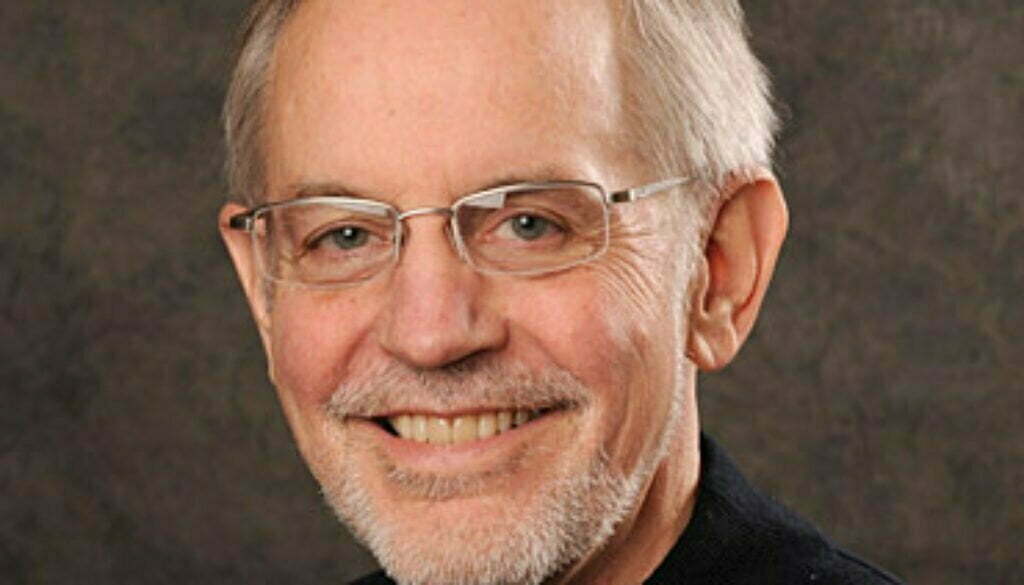
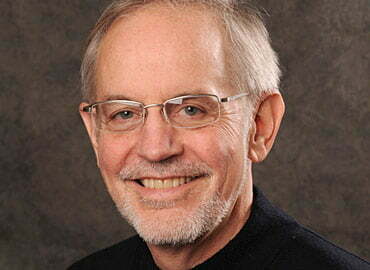
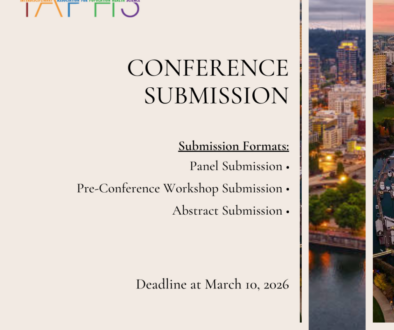
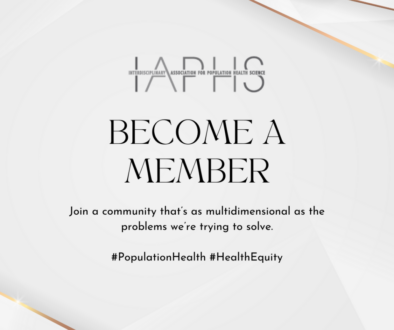
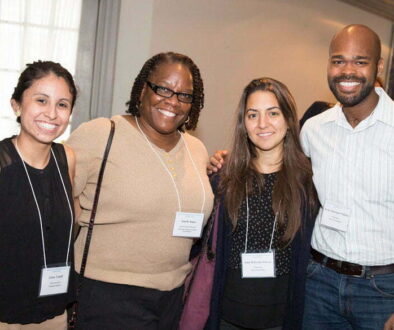
All comments will be reviewed and posted if substantive and of general interest to IAPHS readers.